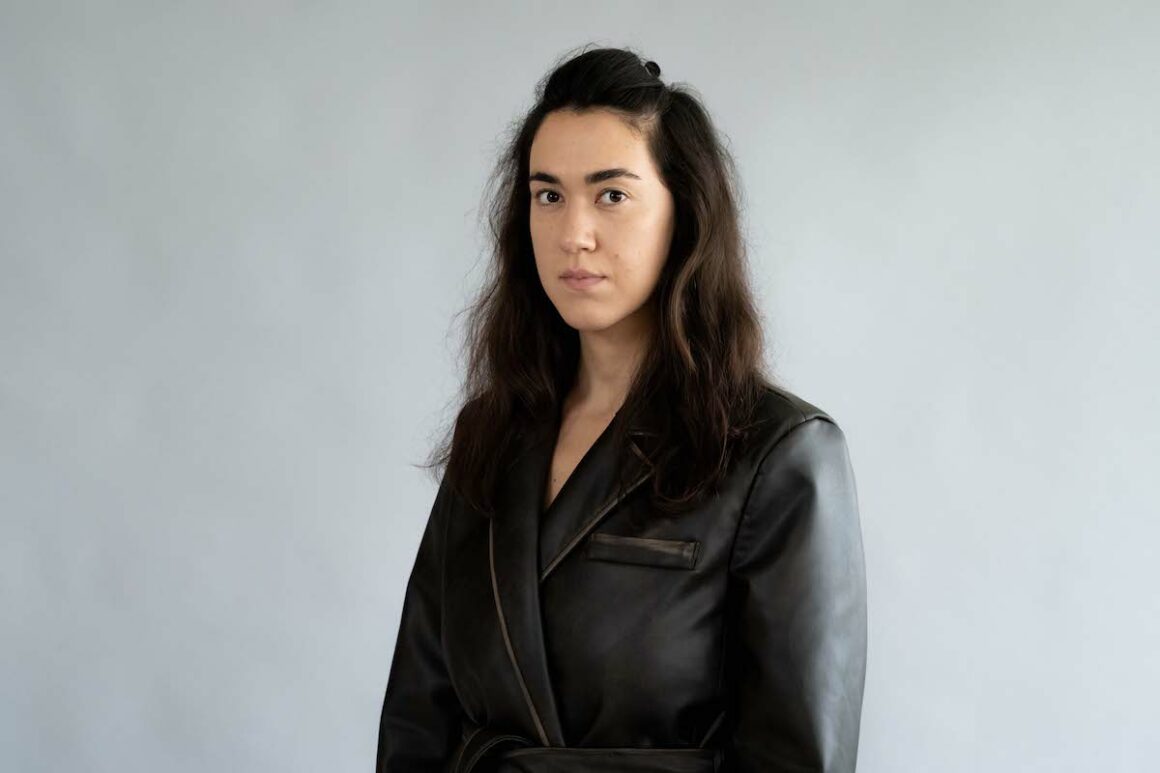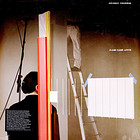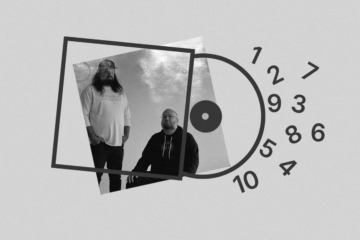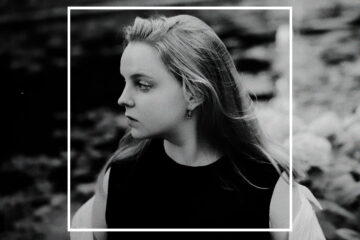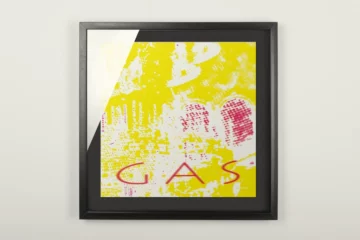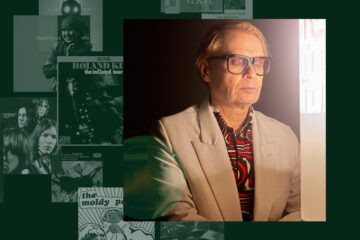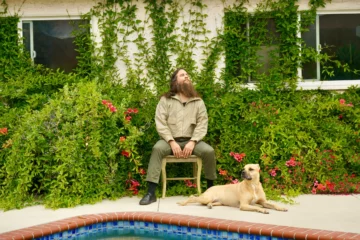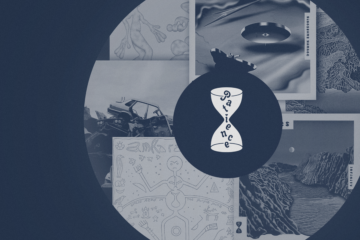Reasons why Georgia has featured in the newspapers in recent weeks: Orange wine, Kvaradona, the Agent Law and finally a Pride Week packed with great vibes. Each of these topics is in its own way of great importance for the country and for Europe—after all, Georgia is a candidate for EU membership.
What we rarely hear about here, however, is a music scene that has taken off in recent years and is already inspiring wanderlust among insiders. Wedged between Turkey and Russia in the Caucasus, the country has a lot to offer. One of these super talented Georgian artists is Anushka Chkheidze, born in 1997, who was introduced to a wider audience for the first time in 2019: she contributed three tracks on the highly acclaimed compilation »Sleepers, Poets, Scientists«.
This collection was put together by Natalie Beridze, a music professor in Tbilisi, and highlights a new generation of avant-garde, experimental and generally electronically interested female musicians from the bachelor’s programme she runs. »Old Man and The Sea« stands out among the truly excellent tracks: Cool synth lines sound like a grandiose emulation of Grauzone or other early eighties post-punk bands.
A mini-break later, we find ourselves in a completely different world, dominated by a wonky hook, breaky drums and the occasional decent amount of reverb. It’s as elegant as it is experimental, as driving as it remains committed to »braindance«. »I first came across electronic music on the fringes of a festival in West Georgia, when my parents took me there«, she says during a stay in Monheim am Rhein, where she is appearing as an artist at the current Triennale and has just taken part in the festival »The Prequel«.
An Idea of Sound
At the time of her first festival experience with her parents, it was still a dream: »The music blew me completely away. I wanted to do something like that as well.« After leaving school, she began a bachelor’s degree at the Creative Education Studio in Tbilisi and ended up studying under Natalie Beridze.
Does that all make sense? Well only in part, because Chkheidze doesn’t come from a cultural centre like the megacity of Tbilisi or the regional centre of Batumi, but from a village of 2000 people in the agricultural region of Kharagauli. Instead of synths, there are rye fields as well as vines; nature reigns supreme there. »It’s a very small town where I come from, where everything is within walking distance.«
»I loved the piano, but I hated learning the notes. That was the moment I fell in love with the idea of sound itself.«
Anushka Chkheidze
A rather peaceful life, where singing loudly in the street is normal. Folk songs were the music of her young life, the old songs sung at festivals or in church were her soundtrack. She wanted to learn an instrument herself, and her parents paid for piano lessons: »I loved the piano, but I hated learning the notes. That was the moment I fell in love with the idea of sound itself.«
Curious, she sought out new forms of music, innovative harmonies; the avant-garde fascinated her. At the same time, she quickly realised that she didn’t have to abandon her folk roots, but that they could remain an integral part of her own musical identity: »»I know you can’t necessarily hear it between the electronic sounds, but Georgian songs and choirs are still the defining influence in my tracks.«
Arrived to Move on
After studying in Tbilisi, she moved to Utrecht. Although Tbilisi is much bigger, Utrecht offered a much broader cultural palette. Lots of small scenes, new clubs and a master’s degree—the decision to become a professional musician was made in the Netherlands.
So far, Chkheidze’s discography consists of three very special albums. None of them were planned. »I don’t think in terms of album structure. I produce single tracks and concentrate on them. But then there was always a moment when an inner connection between different pieces emerged. In the end, that’s how the LPs came about.«
You can’t tell from the album »Clean Clear White« that it’s actually a loose collection of pieces, quite the opposite: The eight tracks develop a compelling force, are experimental yet intuitive, and offer a glimpse into Anushka Chkheidze’s already mature work. »The LP shows what I want to try out in my musical career.« We are very excited to see the results.

